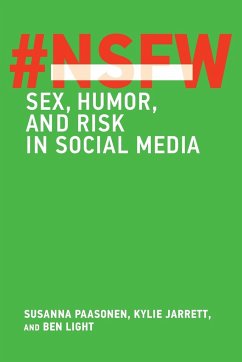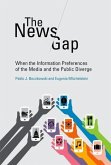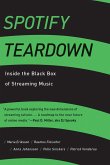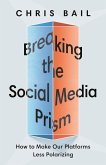An exploration of how and why social media content is tagged as "not safe for work" and an argument against conflating sexual content with risk. The hashtag #NSFW (not safe for work) acts as both a warning and an invitation. NSFW tells users, "We dare you to click on this link! And by the way, don't do it until after work!" Unlike the specificity of movie and television advisories ("suggestive dialogue," "sexual content"), NSFW signals, nonspecifically, sexually explicit content that ranges from nude selfies to pornography. NSFW looks at how and why social media content is tagged "not safe" and shows how this serves to conflate sexual content and risk. The authors argue that the notion of "unsafety" extends beyond the risk of losing one's job or being embarrassed at work to an unspecified sense of risk attached to sexually explicit media content and sexual communication in general. The authors examine NSFW practices of tagging and flagging on a range of social media platforms; online pornography and its dependence on technology; user-generated NSFW content--in particular, the dick pic and associated issues of consent, desire, agency, and social power; the deployment of risqué humor in the workplace; and sexist and misogynist online harassment that functions as an enforcer of inequalities. They argue against the categorical effacement of sexual content by means of an all-purpose hashtag and urge us to shift considerations of safety from pictorial properties to issues of context and consent.
Hinweis: Dieser Artikel kann nur an eine deutsche Lieferadresse ausgeliefert werden.
Hinweis: Dieser Artikel kann nur an eine deutsche Lieferadresse ausgeliefert werden.








